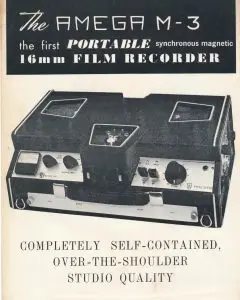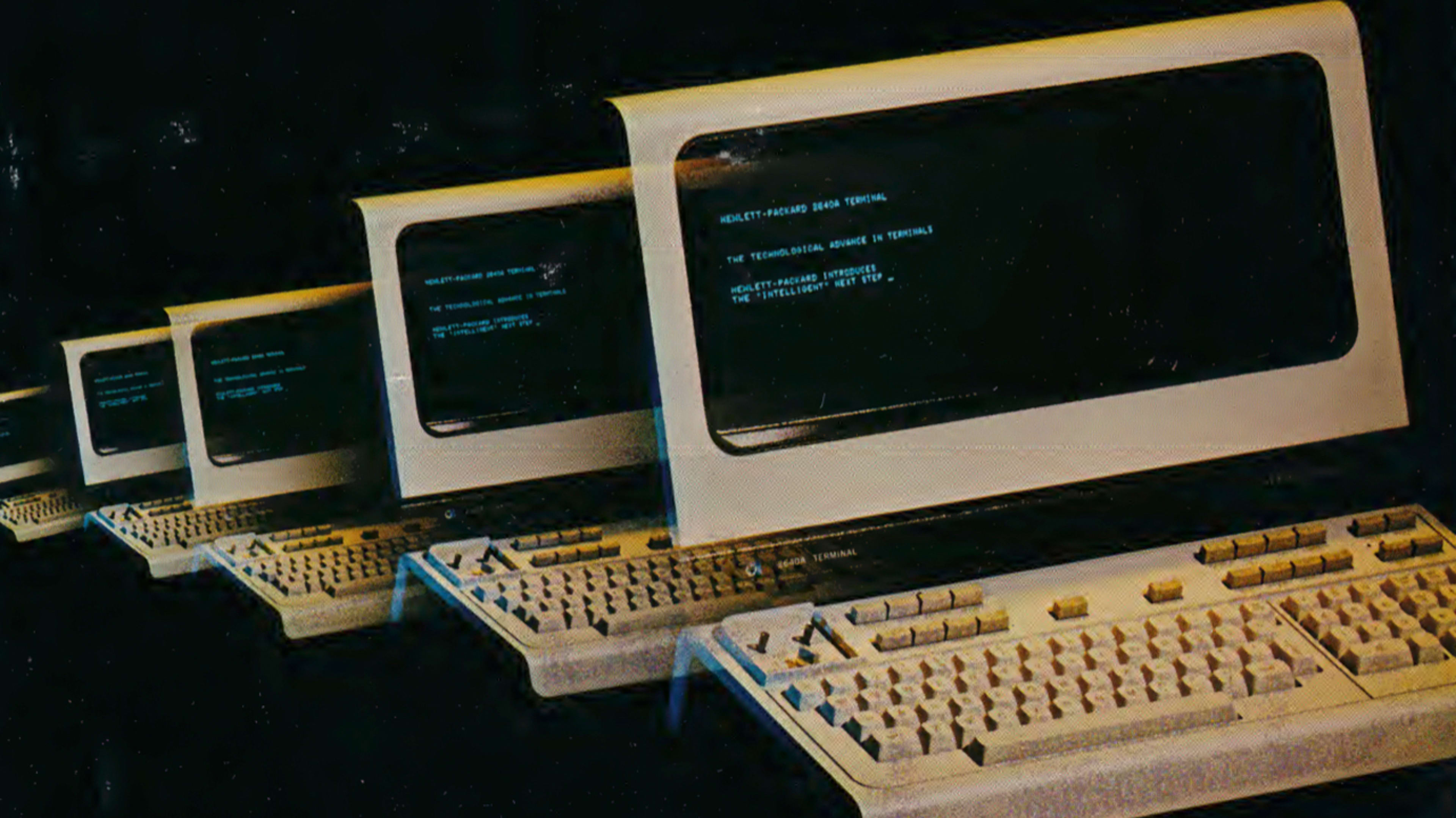Devotees of computing history know Ted Nelson for, among other things, Project Xanadu (the project, launched in the 1960s, which gave us the concept of hypertext) and Computer Lib/Dream Machines (a 1974 introduction to computers that remains a great, quirky read). The man is visionary in the truest sense of the term. But it also turns out that he spent years doing something that sounds mind-numbingly mundane: saving vast quantities of junk mail, which he brought upon himself by filling out requests for information in magazines.
6,857 items from Nelson’s collection are available on the Internet Archive, and it turns out they’re not mundane at all. Mostly (but not entirely) involving electronics and computers, they document a sizable chunk of our technological legacy and are rife with evocative period design; even if all you do is scroll through the tiny thumbnails of brochure covers, they’re great fun.

I plan to spend part of my weekend luxuriating in this stuff, and expect to have trouble pulling myself away. Though I only just now heard about the project (via my friend Martha Spizziri), Motherboard published Ernie Smith’s fine article about it last year, with quotes from Jason Scott and Kevin Savetz—two champions of digital preservation—about why these theoretically disposable materials are worth saving and even celebrating.
Recognize your brand’s excellence by applying to this year’s Brands That Matter Awards before the early-rate deadline, May 3.







